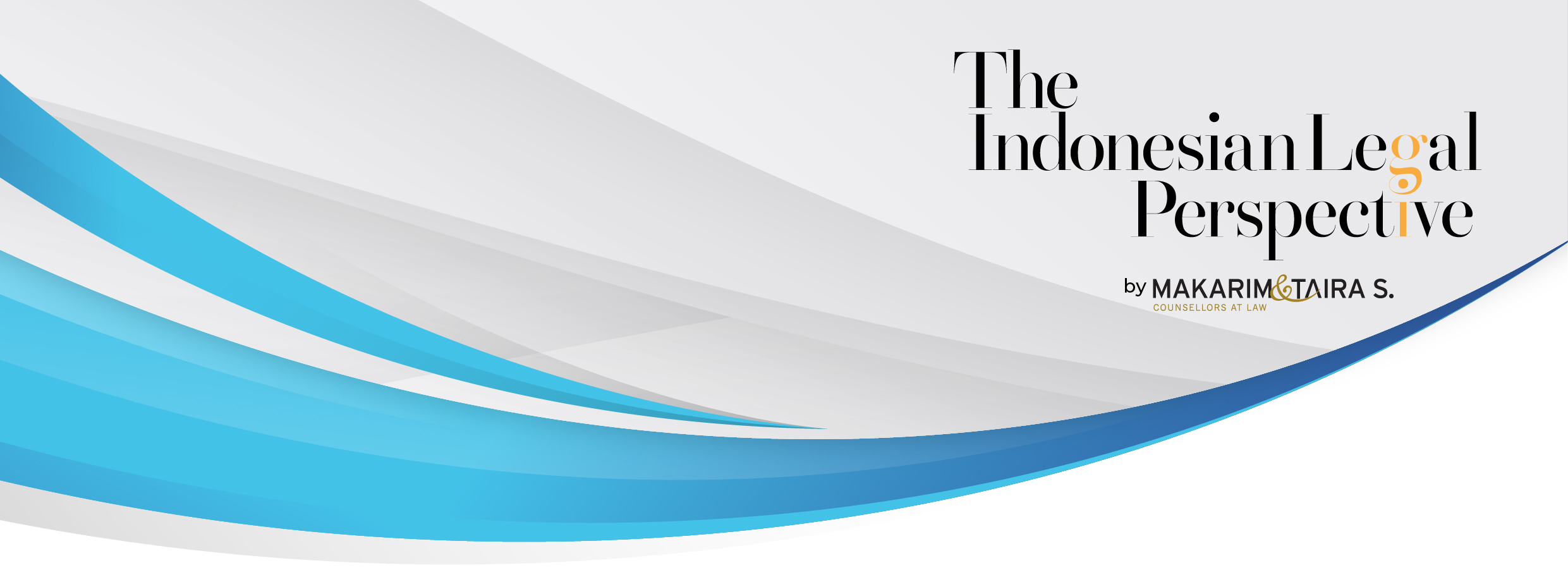INDONESIA'S M&A NOTIFICATION REGIME
Over a decade has now passed since the passage of Indonesia’s Anti-Monopoly Law (“AML”) in 1999. After a slow start, the Indonesian Business Competition Supervisory Commission (“KPPU”) has now become a significant feature of the Indonesian business landscape, taking a more active role particularly since 2009, in which year it issued a spate of interpretive guides to the AML. In July 2010, the Indonesian Government issued the long-awaited Government Regulation No. 57 of 2010 (“GR 57”), which enlivened the merger control provisions in Article 29 of the AML, which until then had been dormant. GR 57 was followed by a detailed guide to the implementation of the merger control provisions in the form of KPPU Regulation No. 13 of 2010, which was recently replaced by KPPU Regulation No. 10 of 2011, introducing minor changes and clarifications (“Implementing Guide”). This article updates our memo of November 2010 and revisits the merger control provisions, as updated, and gives a brief oversight of their implementation to date. Finally, it is worth re-emphasizing that the ‘notification’ regime constitutes more than simple notification – it is really an approval regime conducted after the event. The difficulties arising out of a post-hoc approval regime are clearly not lost on the KPPU. The early drafts of GR 57 required pre-notification but were not received positively, as they were perceived as exceeding the KPPU’s AML mandate. As a result, the KPPU has instituted a hybrid system, which allows for a voluntary pre-merger clearance in the form of “consultations” as well as instituting a mandatory postmerger clearance regime in the form of “notifications”. To date, few firms have conducted formal consultations. It is likely a mandatory pre-merger clearance regime would be at the top of the KPPU’s wish list if the law were to be revised.
To read the full article, please download the pdf copy below.
